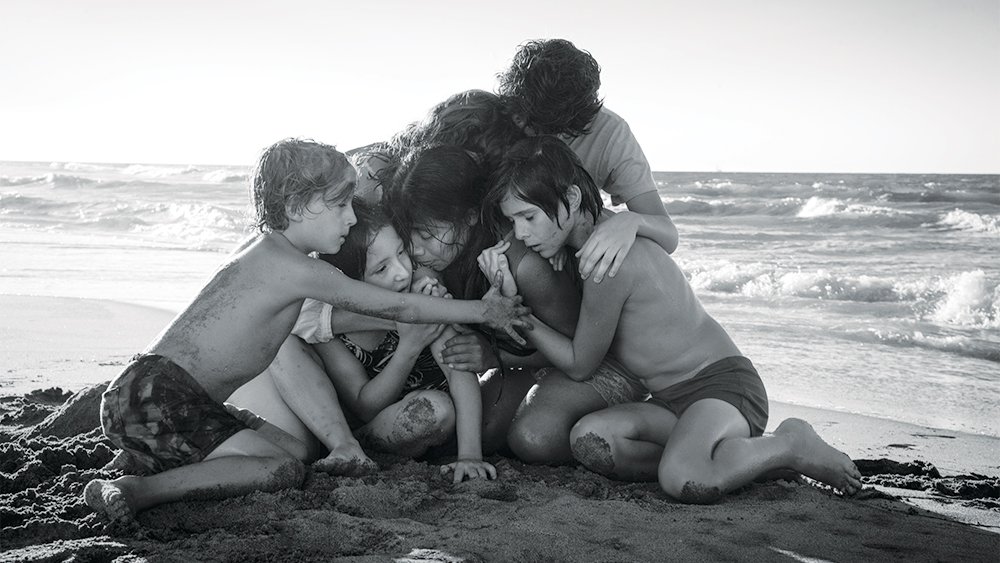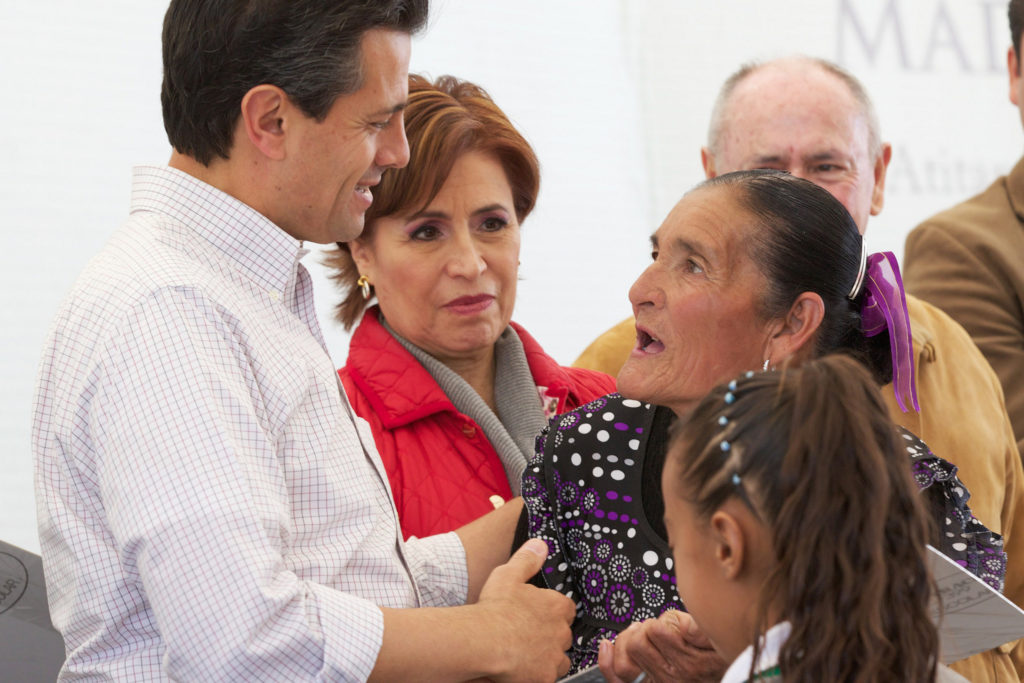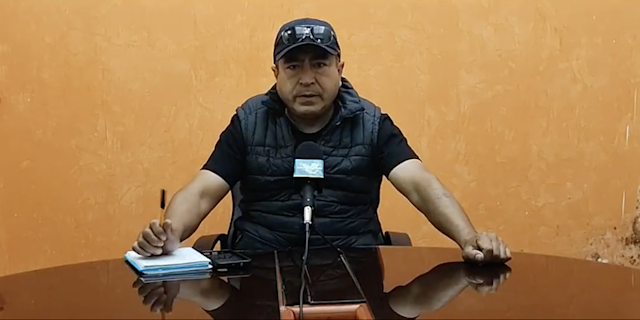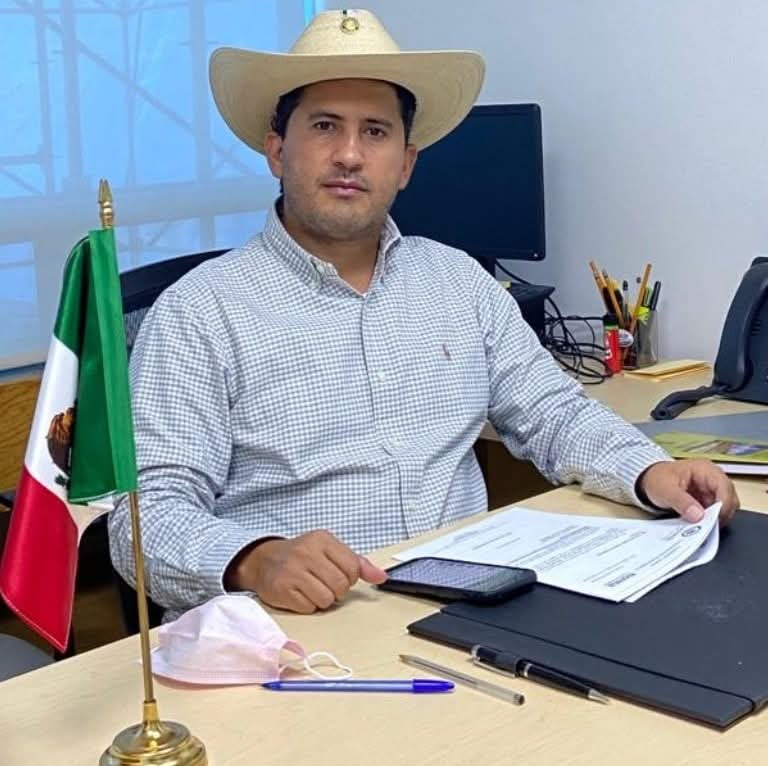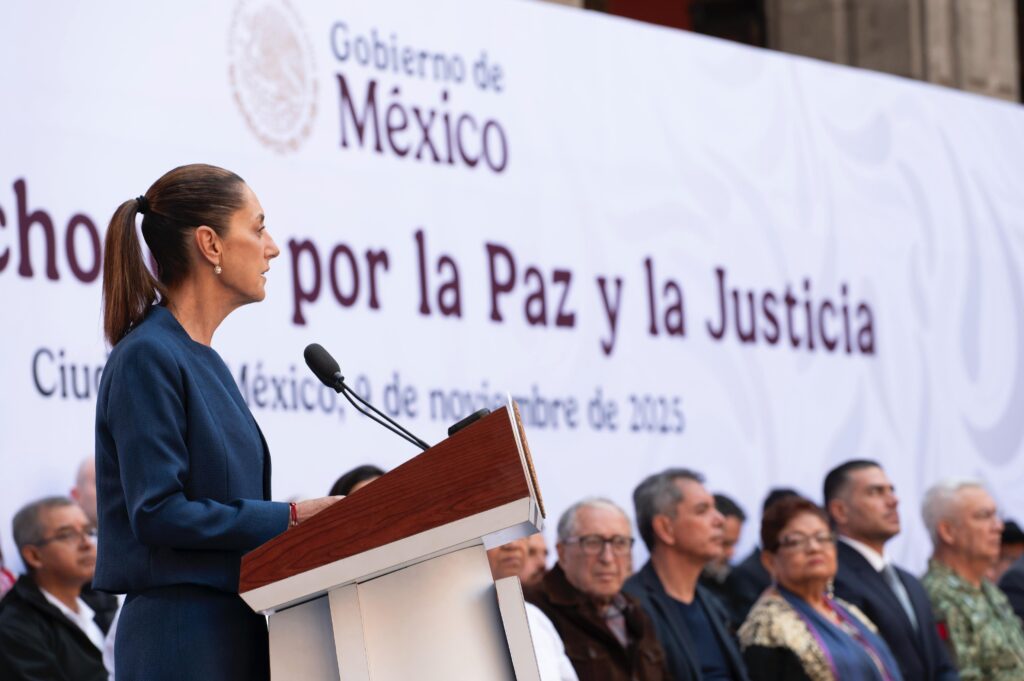Mexican film director Alfonso Cuaron had yet another busy night yesterday as the Critics’ Choice Awards proved a big fan of his most recent film, Roma.
One of the biggest winners of the night, Cuaron took home Best Director, Best Cinematography and Best Foreign Film and Best Film for his personal, black and white depiction of the 1970s Mexican barrio, Roma. Some have already questioned whether last night’s wins might be a pointer as to what to expect at the Oscars on February 25.
It is the second time that a Mexican film has been voted Best Foreign Language Film, the first was awarded to another film directed by Alfonso Cuaron, Y Tu Mamá También (2001). Some 18 years since his last foreign film – he’s since gone onto work on sets such as Gravity, Children of Men and a plethora of other successful films – Cuaron has exploded back into the world of Spanish-language film and has reminded the world that “this bunch of Mexicans are not as bad as sometimes they are portrayed.’’
Released on Netflix on 14 December, Cuaron’s eighth movie follows the life of a family maid, Cleo, who is working for an upper-middle class family in the colonial neighbourhood of Roma, Mexico City in the 1970s. Filmed as a homage to the women in his life, according to Cuaron, Cleo mirrors the real housekeeper, Libo, that still works for his family today.
“Another part of me is telling me, in reality – this film was directed by Libo. By mother, and my family.” – Alfonso Cuarón on his Best Director win for ROMA. (Photo via @variety) pic.twitter.com/qGzK0k3cGn
— Netflix Tudum (@NetflixTudum) January 7, 2019
Filmed completely in black and white, the sometimes somber plot follows maid Cleo (Yalitza Aparicio), an indigenous Mexican, as she works to hold together the family she is living with and gets to grips with her own pregnancy. The father of her child has disappeared, and her character too weaves between her position as a maid but also her identity as the maternal figure to the children she cares for, part of a family struggling with their own quiet issues.
Without giving too much away, Aparicio has also taken the world by storm. She was a primary school teacher before auditioning for the role of Cleo and with no former acting experience, the 26-year-old was spotted in Tlaxiaco, Oaxaca, and even feared that the auditions might have been a scam. However, it is her innocence from actor’s training that also adds a realness to the mesmerising and beautiful film that plays out.
She has since gone onto appear of the cover of Vogue and is a much anticipated guest to many events around the globe that celebrate both the rawness of her performance, as well as the larger exposure to Mexico’s indigenous communities of which she carries Mixtec and Triqui descent.
“Yalitza [Aparicio] is just incredible. The gift that you gave to this film — you gave your intelligence, you gave your heart and this amazing generosity that you have,” Alfonso Cuarón celebrates his star.
https://twitter.com/ROMACuaron/status/1030081106966601729
The wider notions of gender and societal expectations in a 70s Mexico, as well as interactions between indigenous cultures and the modern day capital skim the sidelines, as the expecting mother captures the viewer’s own notions of memory and family, in a film that has certainly not finished winning awards just yet.


